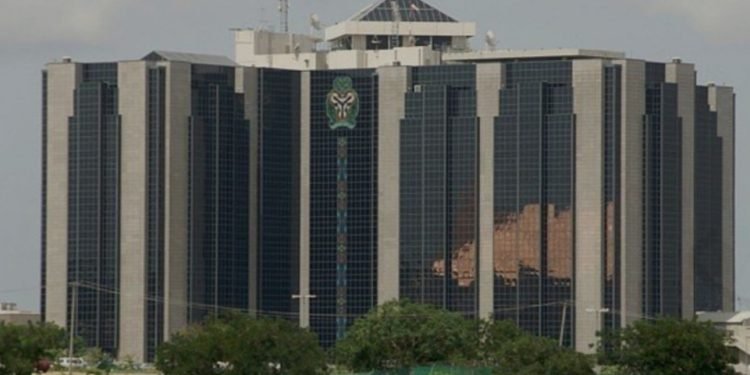The Central Bank of Nigeria has failed to account for the sum of $4.5 billion in Nigeria’s Foreign Reserves between 2018 and 2019, an audit report of the Office of the Auditor-General of the Federation (OAuGF) has revealed.
According to the annual audit report, Foreign Reserves, declined from US$42,594,842,852.75 in December 2018, to US$38,092,720,200.72 in 2019.
The report also revealed an ‘unsubstantiated’ decline of over $8 billion in foreign reserves between 2019 and 2020 as total reserves declined from $44.7 billion as of the close of business on 30 June, 2019 to $35.7 billion on June 30 2020.
The report details the expenditures and finances of the government’s ministries, departments, and agencies within a financial year.
Shaakaa Chira, the Auditor-General of the Federation, called on the CBN to provide justification for the ‘missing funds’ noting that CBN’s ability to maintain a stable exchange rate is at risk.
“This violates Section 25 of the Central Bank of Nigeria Act, 2007 mandating the Bank to endeavour to maintain external reserves at levels considered to be appropriate for the economy and the monetary system of Nigeria.”
“The above anomalies could be attributed to weaknesses in the internal control system at the CBN, particularly its inability to effectively manage economic variables that could impact negatively on the reserve”, he said.
He noted that no compelling explanation was given for the depletion of the Reserves.
Foreign exchange reserves are assets held on reserve by a monetary authority in foreign currencies to ensure that a government or its agency has backup funds if their national currency rapidly devalues.
According to the report, the apex bank also failed to account for the total funds recovered from the Economic and Financial Crimes Commission (EFCC) between 2016 and 2019, despite the Commission’s continuous activities in relation to forfeitures of looted funds to the federal government.
The Recovered Funds component of the foreign exchange inflow of $40,502,645.06 was last reported in 2015. There were no reports of Recovered Funds between 2016 and 2020.
Chira noted that “This violates Section 14(3) EFCC Act, 2004, which states that all money received by the Commission under the provisions of subsection (2) of this section must be paid into the Consolidated Revenue Fund of the Federation.”
In its response, the CBN said the Bank has constantly communicated with the Federal Government through its Monetary Policy communique on ways to boost the reserves and maintain a stable exchange rate that would lead to macroeconomic stability in line with the bank’s mandate. It stated that the CBN under its Presidential Artisanal Gold Mining Initiative (PAGMI), purchased in local currency and added to the reserve.
“The Bank has intervened heavily in the agricultural sector of the economy to boost the production of certain commodities that could be exported to earn foreign exchange and reduce pressure in the reserves, the CBN response said.
Ifunanya Ikueze is an Engineer, Safety Professional, Writer, Investor, Entrepreneur and Educator.






















































